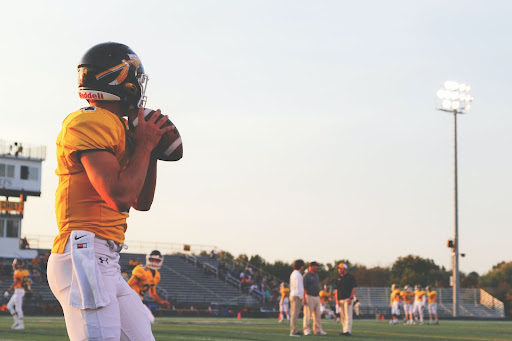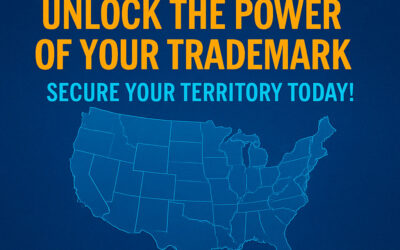It’s easy to watch the Super Bowl in real time from the comfort of your home — even if you can’t make it to the actual game. The big event is broadcast on major news networks and you can even stream it online. In fact, watching the Super Bowl from home has become so accessible that many people like to host Super Bowl watch parties: breaking out the grill and munching on burgers, brats, and their favorite snacks with their loved ones as they cheer on their team.
If you’re a particular football fanatic, however, you might be curious to get your hands on a recording of the first Super Bowl ever. Unfortunately, at this point and time, that tape still isn’t available for public view. In fact, for some time, it’s been the central focus of a heated legal battle between the owner of the tape and the NFL. Why? Let’s explore in today’s blog.
Super Bowl I – A Brief History
The first ever Super Bowl was played on January 15, 1967 at the Los Angeles Memorial Coliseum. It was brought about by a rivalry by the then American Football League (AFL) and the NFL. The NFL champion team was the Green Bay Packers, while the AFL brought the Kansas City Chiefs. The Green Bay Packers won, an even greater victory for the NFL. Within 3 years, the AFL had merged with the NFL.
Much like now, fans who weren’t able to attend the game in person watched from their televisions. During the football season, NBC had rights to broadcast all AFL games while CBS had the rights to NFL games. On the day of the Super Bowl, both were able to broadcast the big game. At the time, however, neither CBS nor NBC had any archival process in place. NFL Films never kept a copy of the recording. As time went on, the recording of the first Super Bowl was lost…or so it was thought.
In 2005, Sports Illustrated published an article stating that there was no known recording of that first game and estimated that if any recording were to surface, it would be worth at least $1 million. This article caught the attention of North Carolina resident Troy Haupt who, as it happened, owned a tape containing a copy of the 1967 game. He made the offer to the NFL — $1 million for his tape. The NFL countered with an offer of $30,000, which Haupt declined.
This is where things get tricky.
Physical Ownership vs. Copyright Ownership
Haupt owns the tapes that depict the game. The NFL owns the copyrighted content on those tapes. So what does that mean? For Haupt, it means that he can’t sell those tapes to anyone other than the NFL. The recording was, at one point, uploaded to YouTube but has since been taken down. The NFL has no right to seize Haupt’s physical tapes, because he owns them, but neither can Haupt do anything with those tapes.
The NFL has used footage from highlight reels to maintain some footage of that original game, rather than shelling out the money to buy the tape. Though some fans might still love to see the actual tape, unless one party folds, that’s not likely to happen.
The Complexities of Copyright Law
At some point in your life, you’ve probably been to a show, a concert, a sporting event, or even just watched a movie that involved some kind of disclaimer: recording is strictly prohibited. The Super Bowl I tape issue is a good example of why those kinds of disclaimers are in place. If someone records your copyrighted property and then sells it, they are profiting off of your IP. In some cases, the profit they make could even take away potential earnings you would have made.
The game took place over 50 years ago, but the dispute is relevant even today. Even though the NFL and the two broadcast networks that simulcast the game did not take care to preserve the footage, the NFL still asserts ownership over their IP — in this case, any recording of the football match. While the NFL has the resources to correct errors in copyright and archival processes and can easily afford the legal fees to attempt to protect their rights, most individuals and businesses can not. Accordingly, it is important to do everything right up front and establish a good intellectual rights protection program. This should help minimize litigation costs and increase return on investment by protecting your IP. An intellectual rights program can consist of a system of regular filing of copyright applications, trademark applications, or provisional patent applications.
Want to protect your IP from being sold without your consent? The first step is to find a great IP lawyer who can help you register your copyright and defend it going forward. Contact the Garcia-Zamor team today to learn more about what we can do for you or to schedule a consultation.







